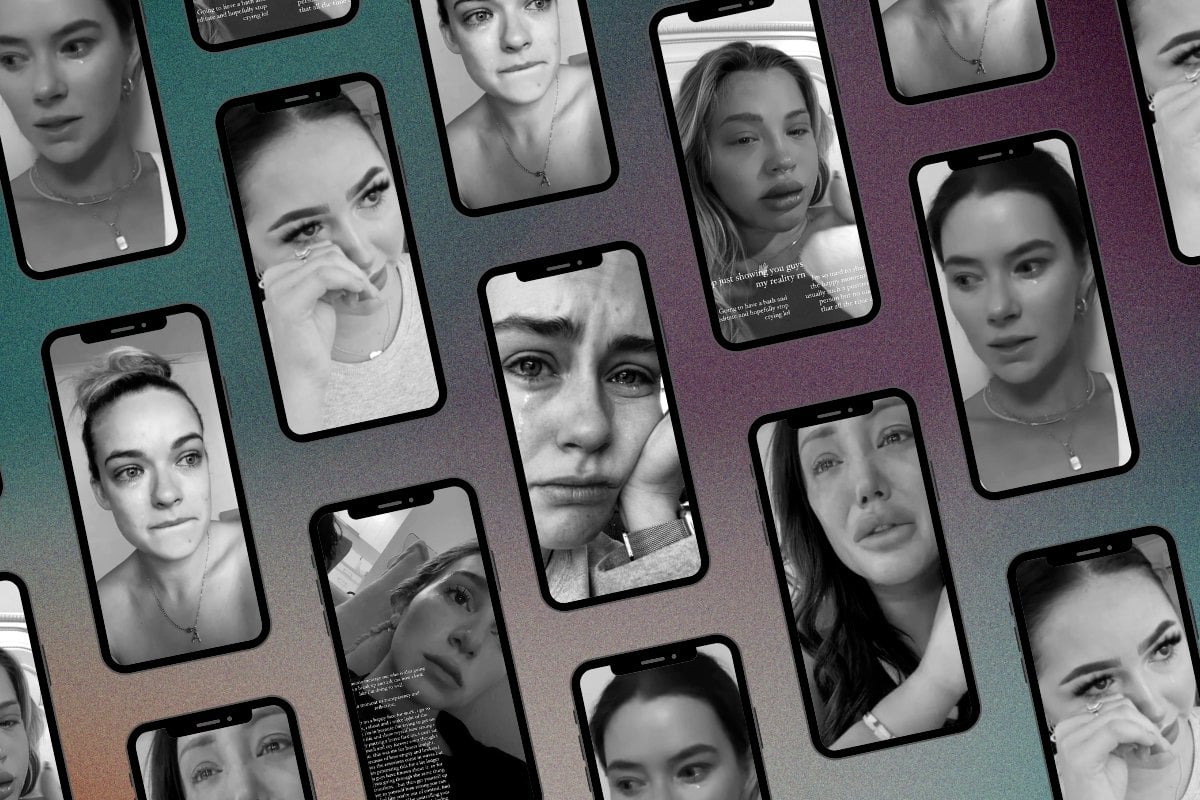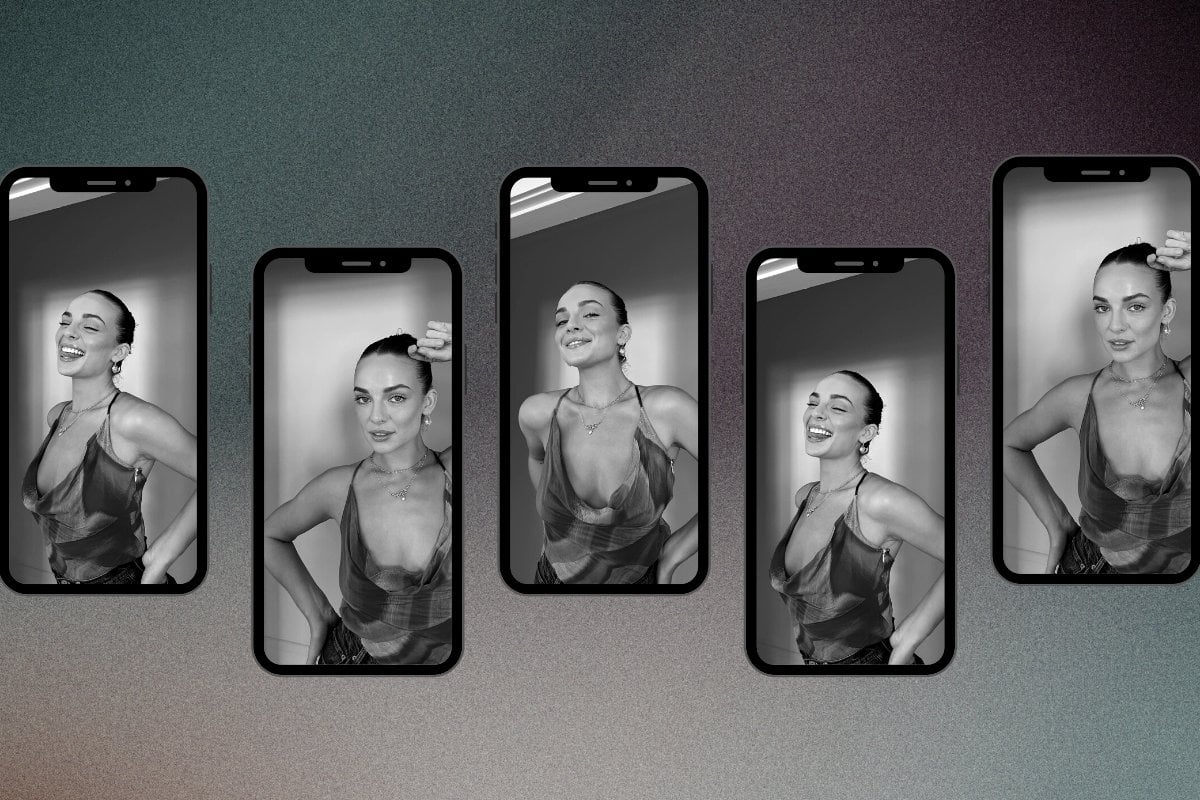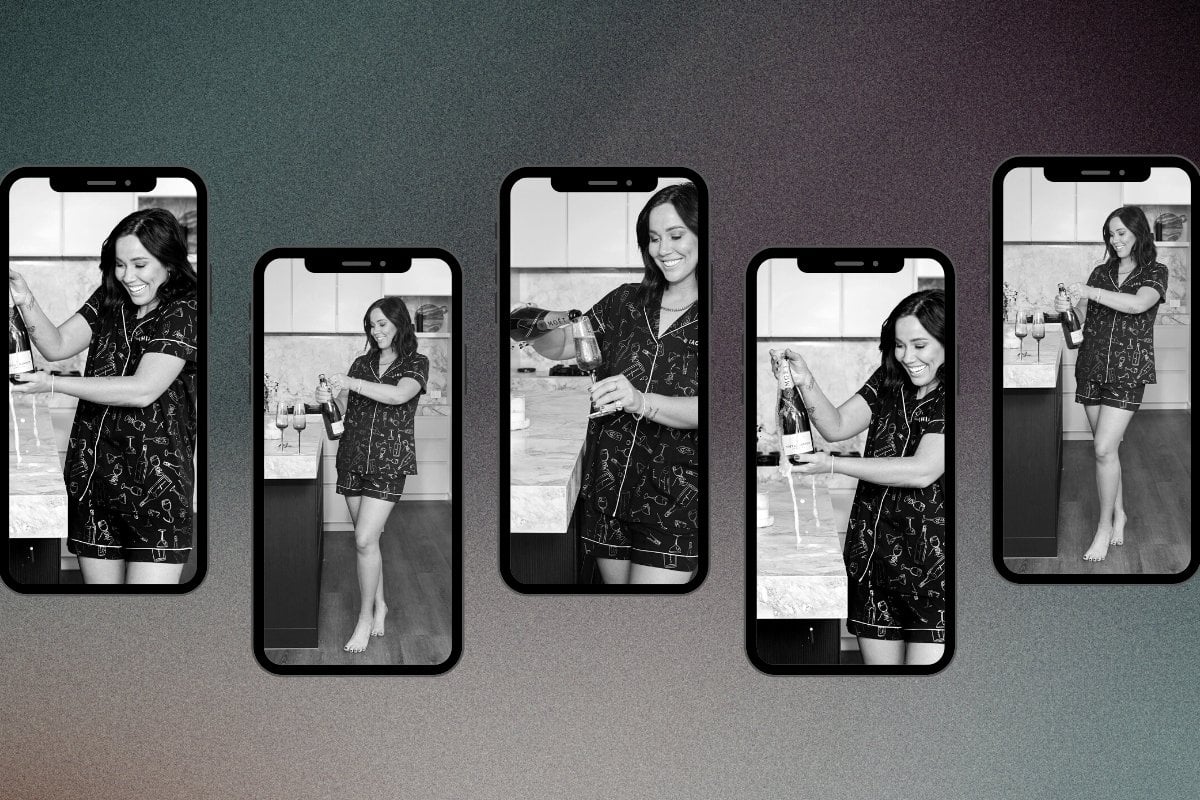
What do we want from the people we follow on our phones?
Everything and blood and more, please.
They've got everything we want, so we would, ideally, like them to be available to us, 24/7, in gratitude. To let us into all corners of their lives. Even the painful ones. Actually, especially the painful ones. And also, to tell us how they did it. And also, to be aware of their privilege. And also, to use their influence for good, not evil. And also, to be the voice for the voiceless. And also, to tell us where they got those shoes, how many mls of filler they have in their laugh lines, and what they had for breakfast.
That'll do for starters, thanks.
Once upon a time, high-profile people lived far from us. Literally, and figuratively. They went about their business behind a high wall in Hollywood, or Manhattan, or Notting Hill, Toorak or Vaucluse. They touched base with us only when they needed something – us to watch their show or movie, listen to their song, buy their book – and we were generally fine with that. Sure, we spied on them in between assignments, flicking through paparazzi images of them in their Lululemons at the supermarket, or being ushered into the dark entranceway of an NYC restaurant with a new lover, but generally, we neither knew or cared what they thought about things – like the gender pay gap, or the Twitter takeover, or Ozempic.
Why Sophie Cachia decided to turn her perfect life 'upside down'. Post continues after video.



Top Comments